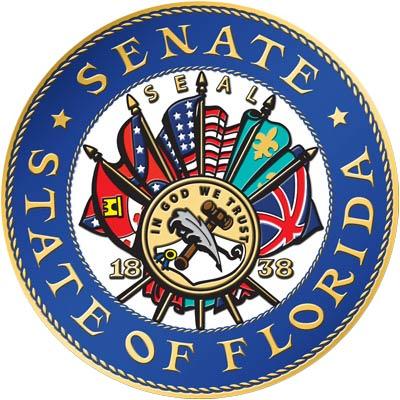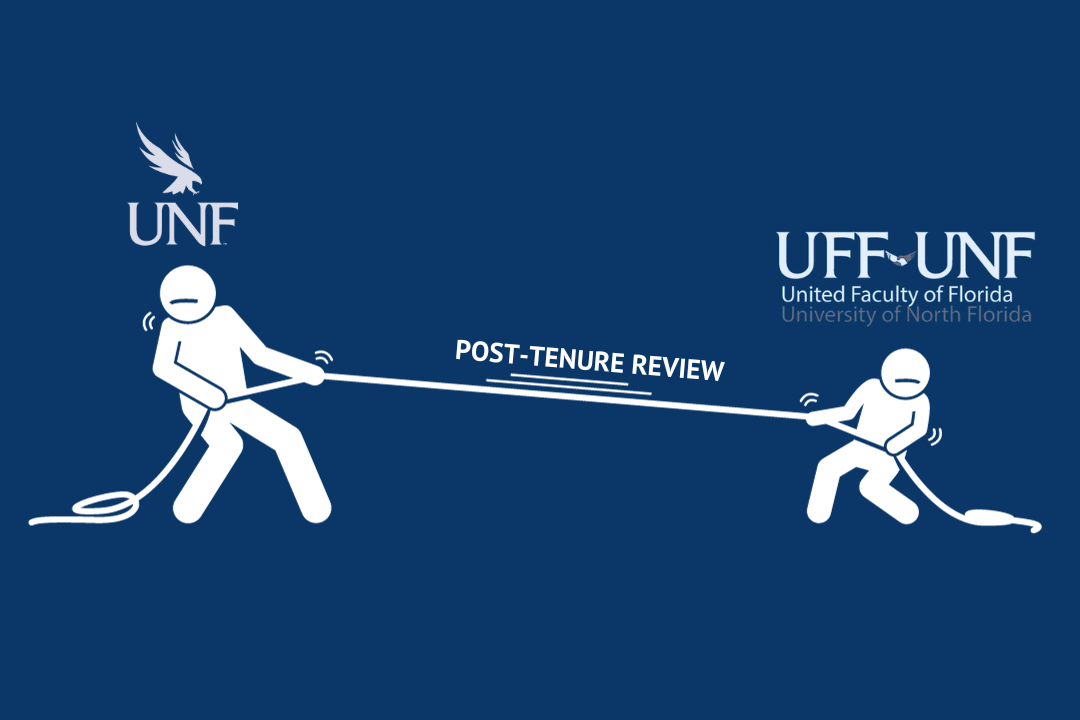
The University of North Florida may be getting even less transparent if a bill passes in the Florida Senate meant to withhold information about candidates applying for executive positions at state universities. Provosts, deans and presidents would all be exempt from public scrutiny during the application process until a final group of candidates had been selected.
This is a bad thing, but not necessarily surprising. We’ve seen this before at our own university in different capacities. In October 2014, Spinnaker published an article detailing the fact that UNF is not obligated to disclose many of its records. The university even assigns duties to private organizations that the university itself creates, which makes more information exempt.
When the Spinnaker was investigating the aforementioned story, we were refused vital interviews from members of the university with no explanation. We were refused disclosure in an article about a lack of disclosure.
Transparency doesn’t seem to be a priority at Florida universities if our own university is any indication. And it’s not the only one.
Last semester, Florida State University selected John Thrasher, an FSU alumnus and former senator, as their new president over several candidates who had more ties to academia than a knack for fundraising. Students were suitably outraged, especially since the politician was promised a tenured position if and when he steps down as head of the school.
This is a prime example of why we need transparency in decisions made by universities. FSU students protested Thrasher’s appointment with signs that said “FSU is not for sale.”
All too often, when it comes to colleges, administrators forget that everything they do should be for the students. If a campus is full of unhappy students, it will soon be an empty campus. Therefore, students’ input is important. If students are staging public protests against the candidate that was hired, it should be obvious that this is a problem that can’t be solved by being less transparent.
This new bill, which will go into effect October 2015 if passed, is a step backward. Less clarity and more concealment is never the answer; it’s always necessary to be open to criticism and new ideas in order to progress and do the best work possible. Hiding records in the shadows will only create more problems than it will solve.
—
For more information or news tips, contact Cassidy Alexander at reporter8@unfspinnaker.com; if you see an error in this story or have any compliments or concerns, contact enterprise@unfspinnaker.com.











